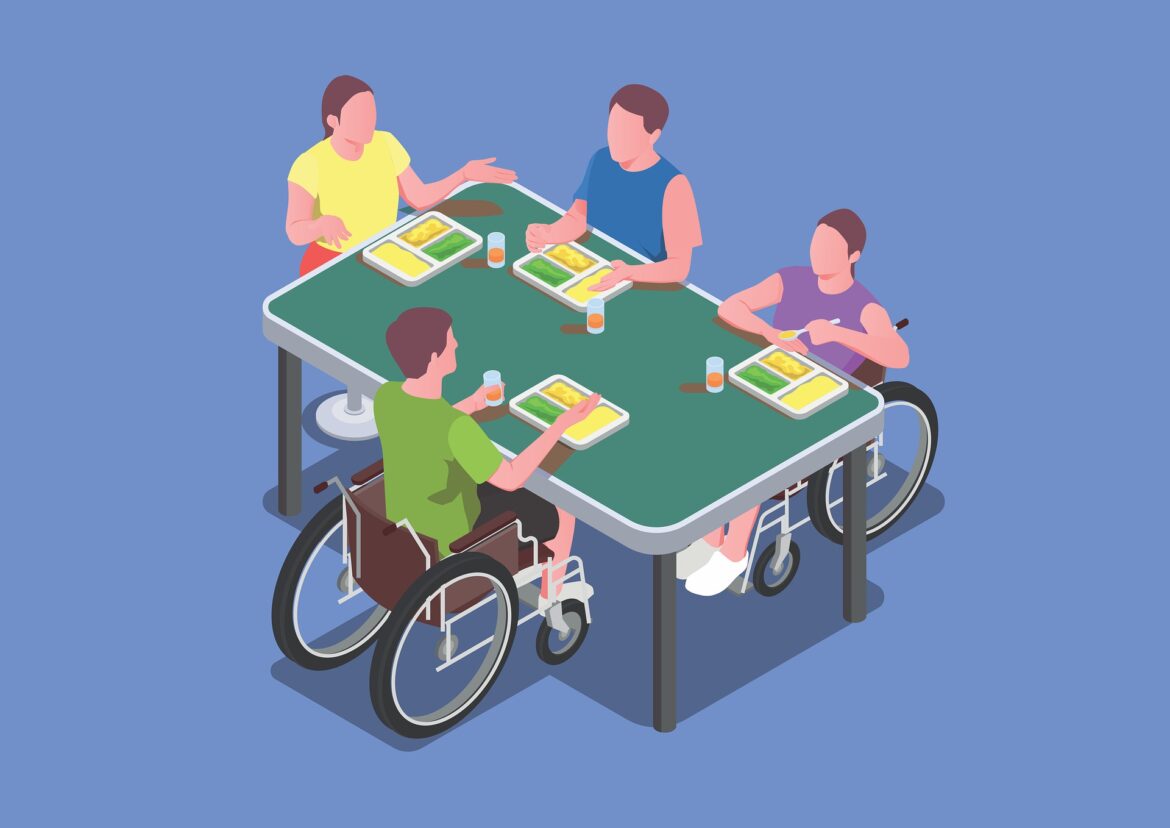Getting the support and accommodation you need to succeed in higher education can be difficult if you are a student with a disability. Furthermore, college disability services differ significantly from high school special education services.
Getting the most from them requires knowledge of their capabilities. And so the following post will explain five things you need to know about college disability services. You will also learn how they can help you succeed academically.
1. Legal Rights and Responsibilities
The federal civil rights laws provide certain rights and responsibilities for students with disabilities. Laws such as Section 504 of the Rehabilitation Act of 1973 and the Americans with Disabilities Act (ADA) protect the rights of people with disabilities. As part of the ADA, colleges should provide reasonable accommodations to students with disabilities. Although these laws exist, they do not guarantee that you will receive the same services and support as you received in high school.
Disabled students may have responsibilities to ensure they get the accommodations they need. Your college’s disability services office needs to know you’re disabled. If you have a disability, you must prove how it affects your academics. Additionally, you need to request accommodations on time and follow college procedures. In addition, you need to communicate well with your professors and disability service providers.
2. Registration Process
College disability services registration varies from school to school but usually involves these steps:
- Contact the disability services office at your college. Then, inquire about their policies and procedures for registering as a student with a disability.
- Provide documentation of your disability that meets your college’s criteria. It may include evaluation reports, medical records, letters from professionals, or other evidence that shows the nature and extent of your disability. It may also show how it impacts your academic performance.
- Meet with a disability service provider to discuss your accommodation needs and preferences. The provider will review your documentation and determine your eligibility for accommodations based on ADA guidelines. The provider will also work with you to develop an accommodation plan that outlines the specific accommodations you will receive. It will also outline how they’ll implement it.
- Sign an agreement that authorizes the disability services office to share your accommodation plan with your professors and other relevant parties. You may also need to sign a consent form allowing the office to access your academic records and communicate with other campus offices.
- Request accommodations for each course or activity you need them for. You may need to fill out an online form, send an email, or meet with your professors or disability service providers to request accommodations. It would help if you did this as early as possible before each semester or term starts.
- Follow up with your professors and disability service providers to ensure your accommodations work effectively. You should also notify them of any changes or issues regarding your accommodations.
3. Available Services and Accommodations
College disability services provide services and accommodations depending on the nature and severity of your disability. They also depend on the requirements of your courses or activities and the resources available at your college. However, some common examples of services and accommodations include:
- Academic adjustments: You may need to modify or change your coursework or exams to participate in them. Accommodations may include extended time, reduced distractions, alternative formats, assistive technology, note-taking support, sign language interpretation, captioning, and other forms of academic support.
- Auxiliary aids are devices or services that help you access information or communicate effectively. For example, you may receive textbooks in audio or electronic format, screen readers, speech-to-text software, magnifiers, hearing aids, FM systems, or other auxiliary aids.
- Non-academic accommodations: These are modifications or changes that affect how you access or participate in non-academic aspects of campus life, such as housing, dining, transportation, recreation, or extracurricular activities. For example, you may receive accessible rooms, furniture, appliances, parking spaces, ramps, elevators, or other non-academic accommodations.
- The disability services office at your college can help you identify and access appropriate and reasonable services and accommodations. However, you should also be aware that some services and accommodations may have additional costs or fees that you may have to pay for yourself or seek financial assistance for.
Conclusion
College disability services are essential for disabled students who want higher education. They provide various support and accommodations to help students access campus courses, activities, and opportunities. They also promote a more inclusive campus culture that values diversity and respects differences.
However, college disability services differ from high school special education services. They have different legal obligations and procedures. They have other legal obligations, policies, and expectations. Students with disabilities must know these differences, learn to advocate for themselves, and access the necessary services and accommodations.
Related Posts












